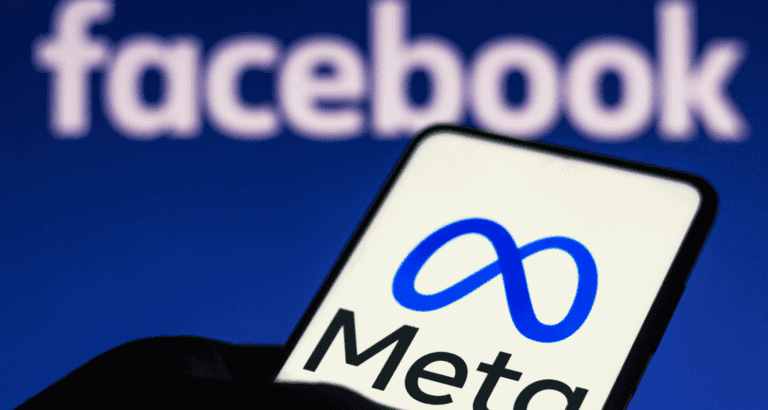Meta recently replaced its CrowdTangle tool for tracking disinformation on its Facebook and Instagram platforms with the new Content Library tool. However, the new solution is said to be of lower quality and not open to everyone.
This article was updated at 3:15 PM by Laura Herijgers to add the response from the European Commission.
Meta turned off its public statistics tool CrowdTangle on its social media platforms as of Aug. 14. The tool was primarily used for discovering and tracking the spread of disinformation on Facebook and Instagram, for example.
Instead of CrowdTangle, Meta’s social media platforms now offer the Content Library tool. According to Meta, this tool would provide more detailed insights into what people see and experience on the various social media platforms. In addition, the data collection on Content Library would provide a better experience, including multimedia reels and pageview statistics. Threads statistics will also be added soon.
Much criticism of phasing out
Critics, such as journalists, researchers, as well as (U.S.) politicians, however, deplore Meta’s action to phase out CrowdTangle, writes TechCrunch. Many users protest about this and wonder why the tech and social media giant is taking away the tool right before the US presidential election.
Moreover, access to the new Content Library tool would be limited to only a few audiences. Meta allows access to the tool only for qualified academics or nonprofits conducting research for academic or public reasons. Therefore, many researchers and most journalists would be excluded from access. Also, certain “watchdogs” who previously monitored Meta’s activities with CrowdTangle are now barred from access.
Furthermore, Content Library users indicate that the tool is less transparent and accessible. It also has fewer useful features and a much poorer user experience. In some eyes, the tool would have ten percent of the value that CrowdTangle brought and only one percent of the features. For example, the new tool would make it impossible to assemble interactive charts and download posts.
EU demands accountability
The EU has submitted a request for information to Meta regarding the exit from CrowdTangle. The provider of social media platforms will have to explain how researchers gain access to data as the DSA requires this. In addition, the European Commission wants more information about the data and functionalities that the new tool will provide.
The answer must be received by the Commission before September 7. “Based on the assessment of the responses, the Commission will determine next steps, including interim measures and decisions on non-compliance,” it stated.
Meta’s response
In response to critics, Meta, through Global Affairs director Nick Clegg, indicated that CrowdTangle was a tool in “dissolution. It would not, he said, provide a complete and accurate overview of what was happening on Facebook. For example, it would only show the top and not tell what users actually see online.
Moreover, the tool would only be used to track accounts with many followers and interactions. These are often precisely the accounts that should be tracked, critics point out.
Also read: Why Meta will keep its multimodal AI models out of Europe
